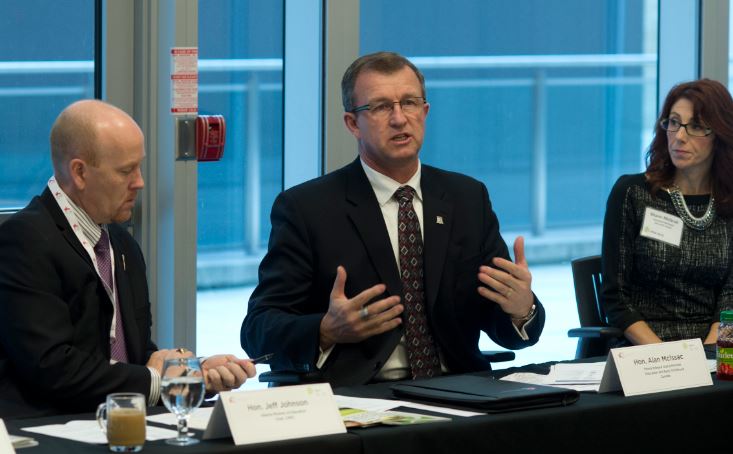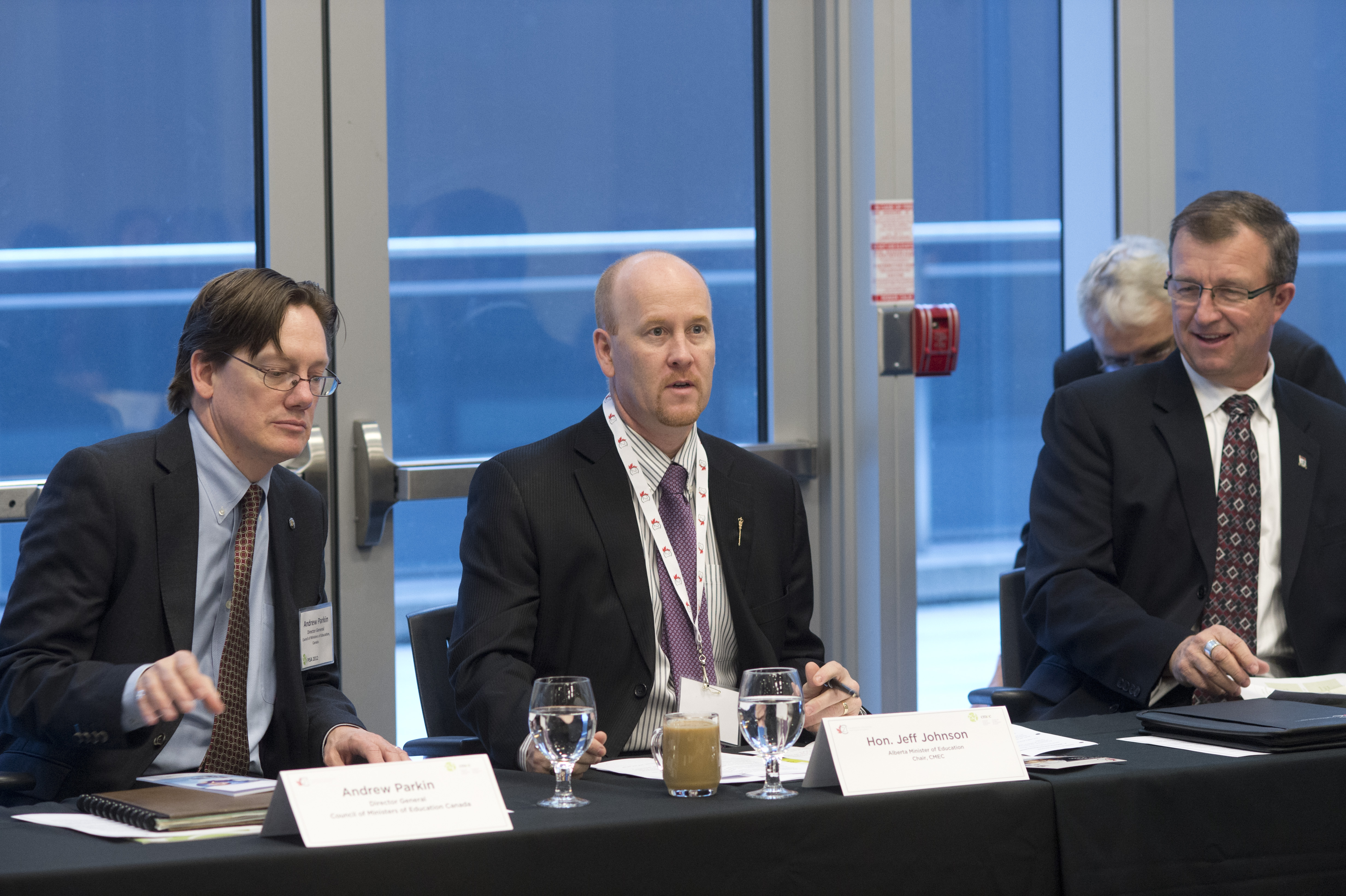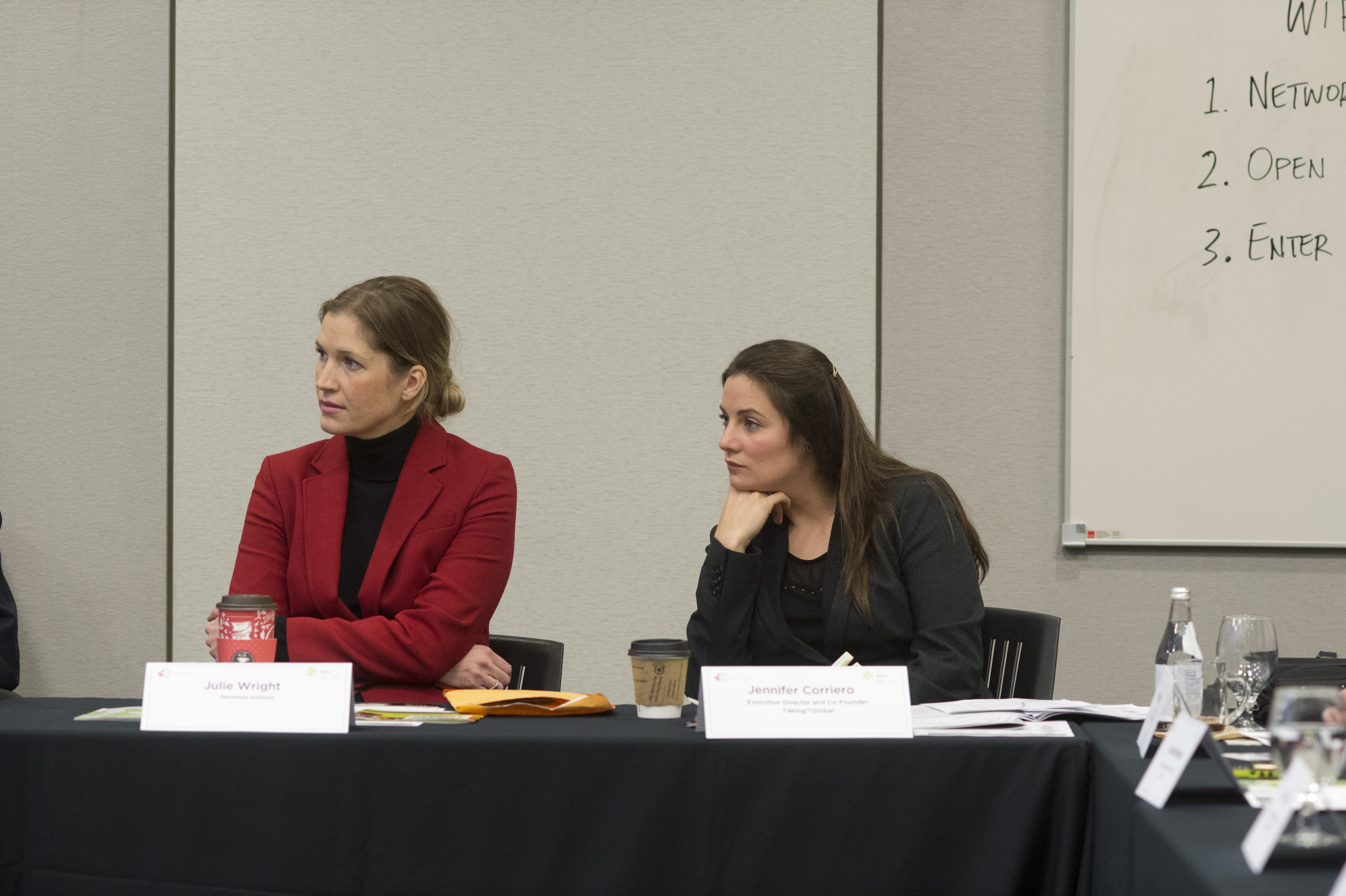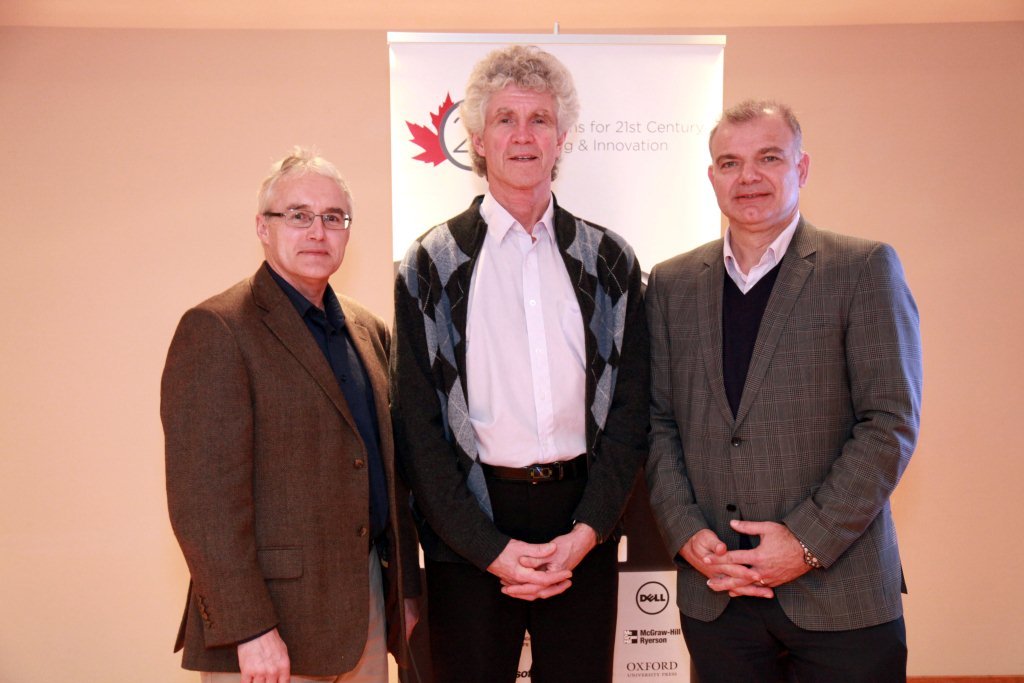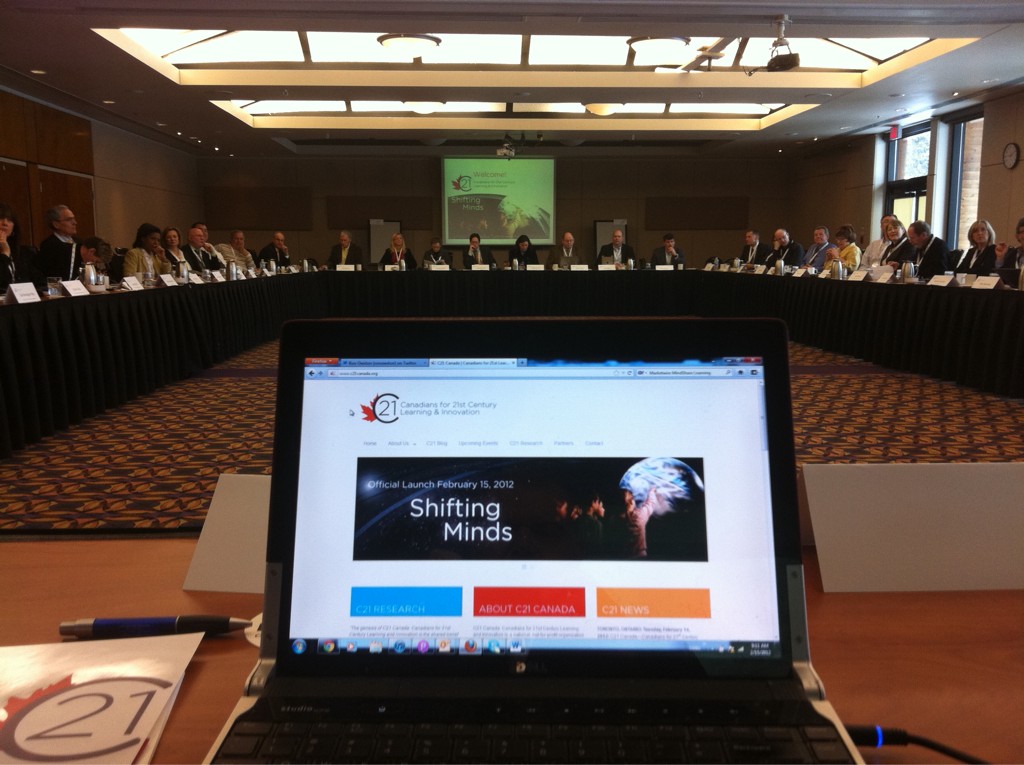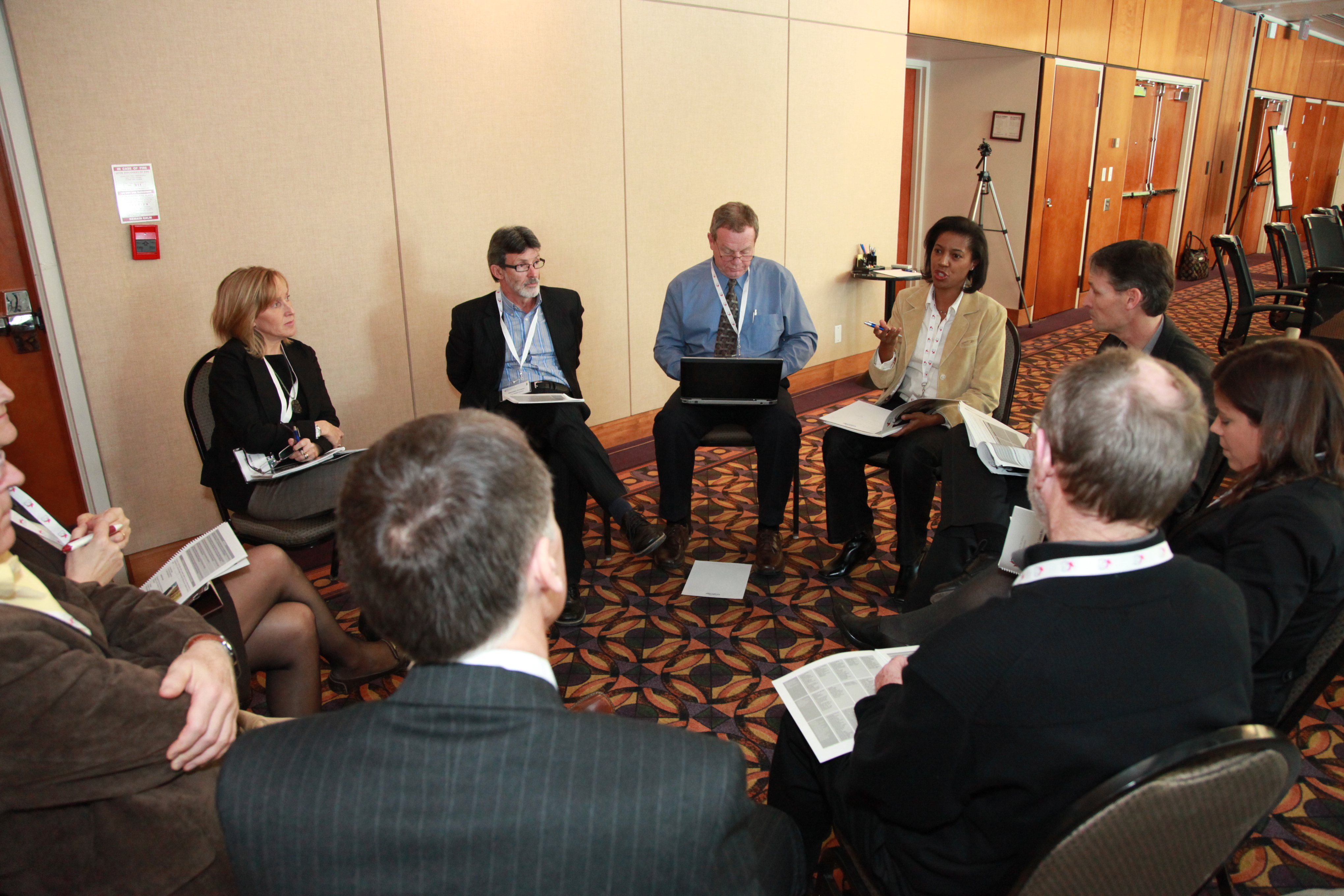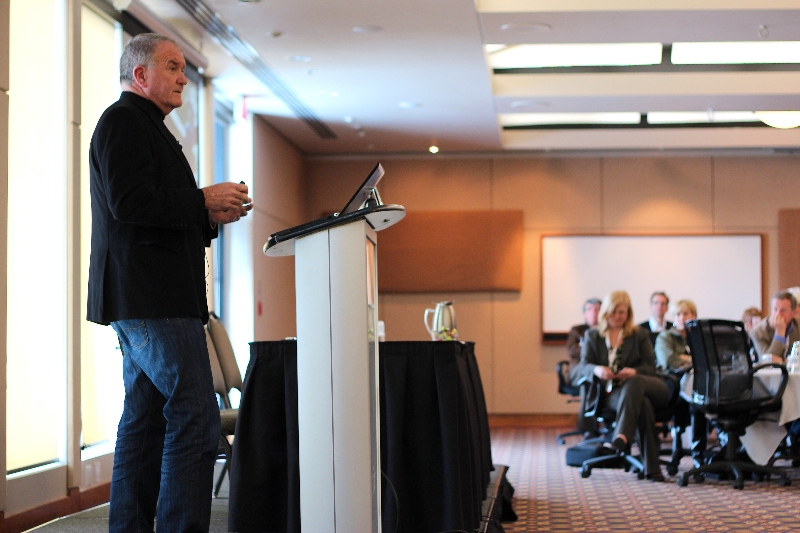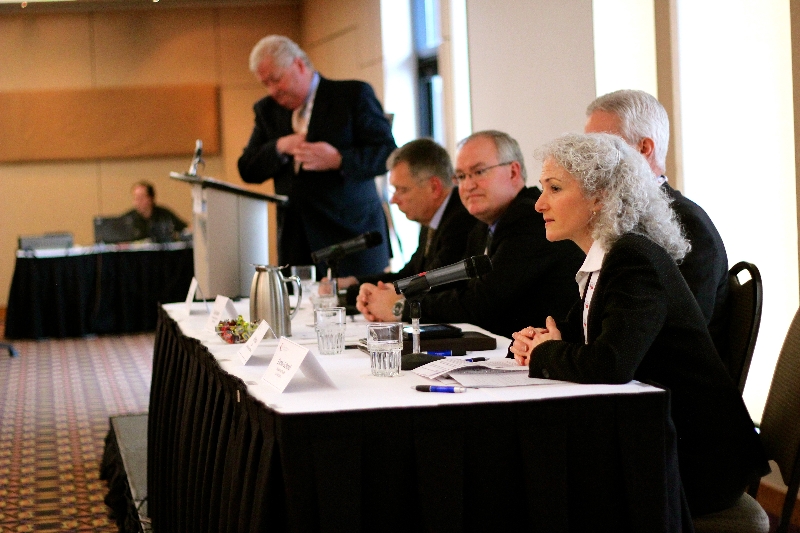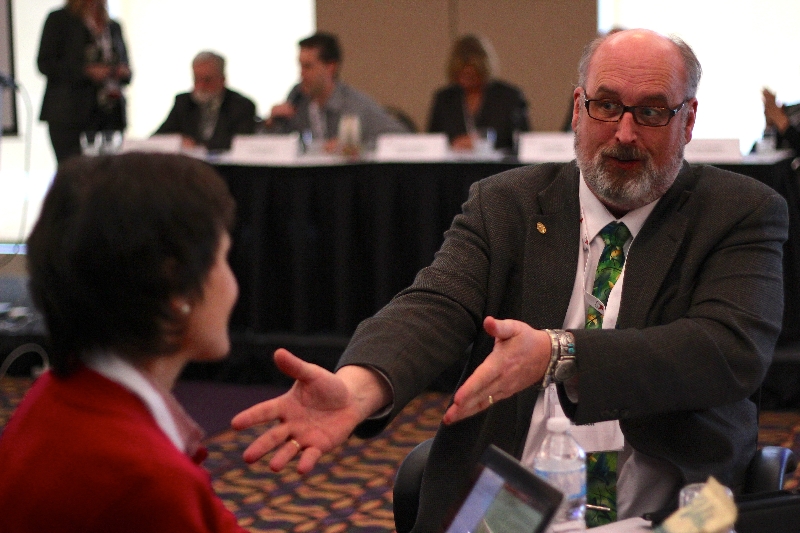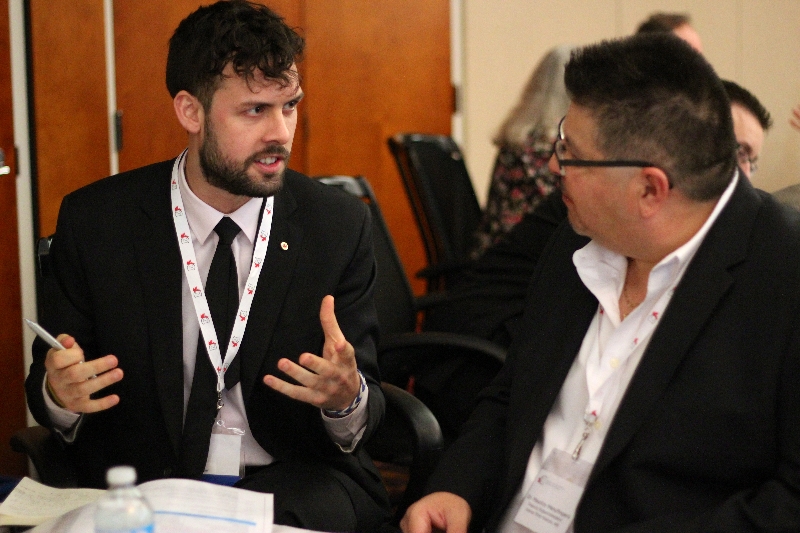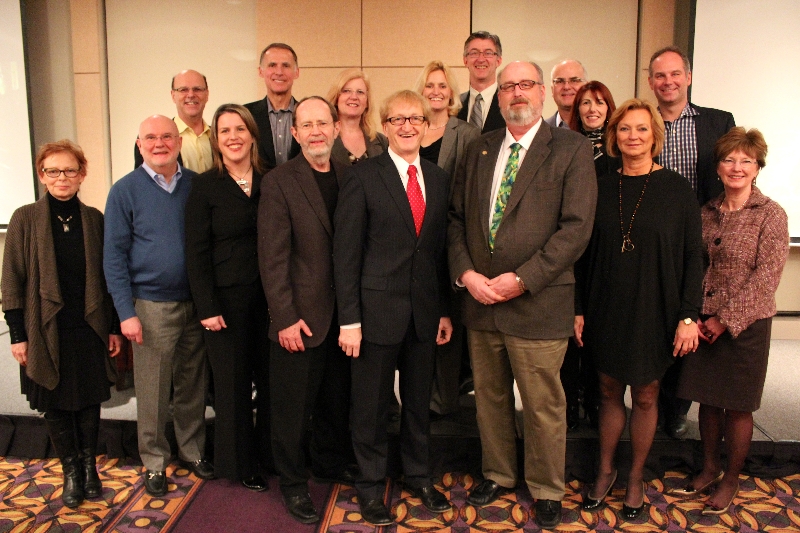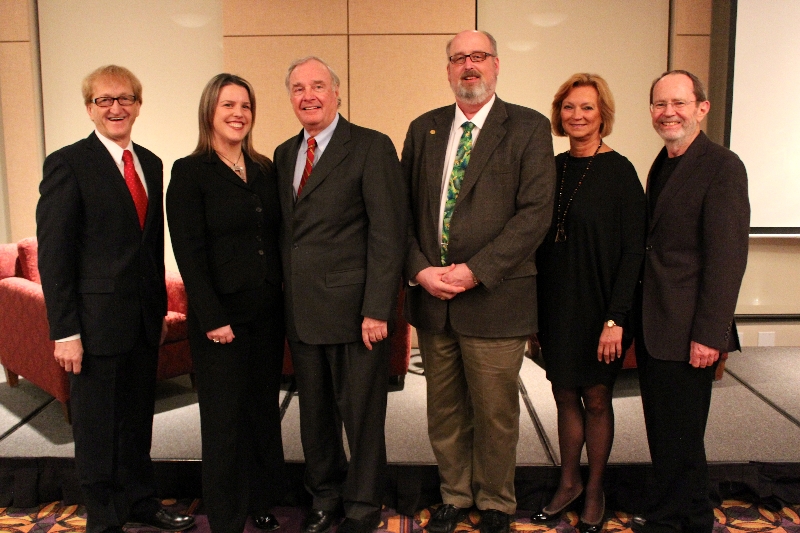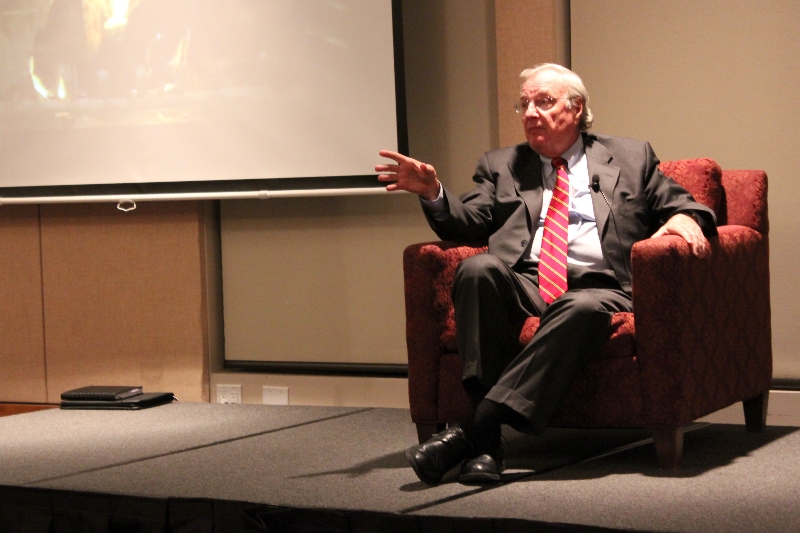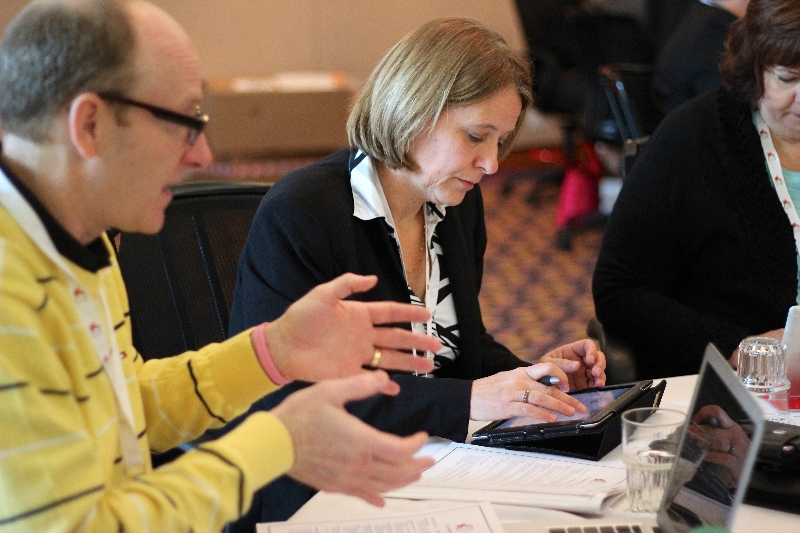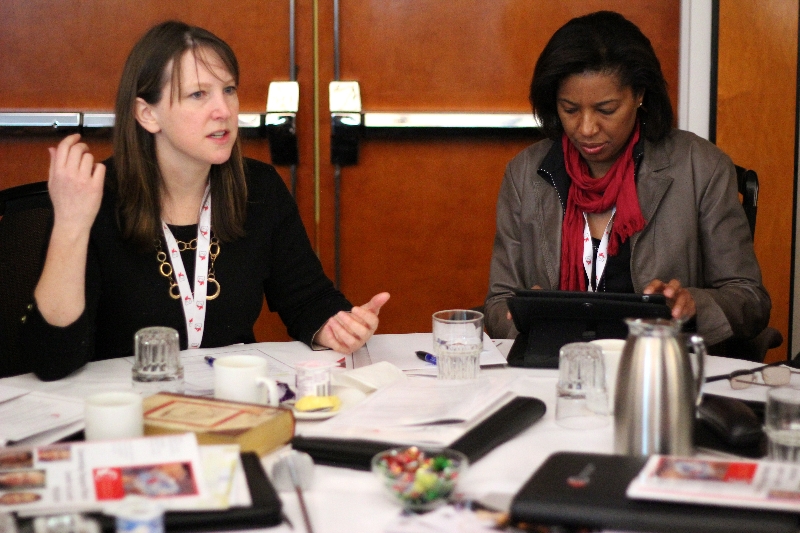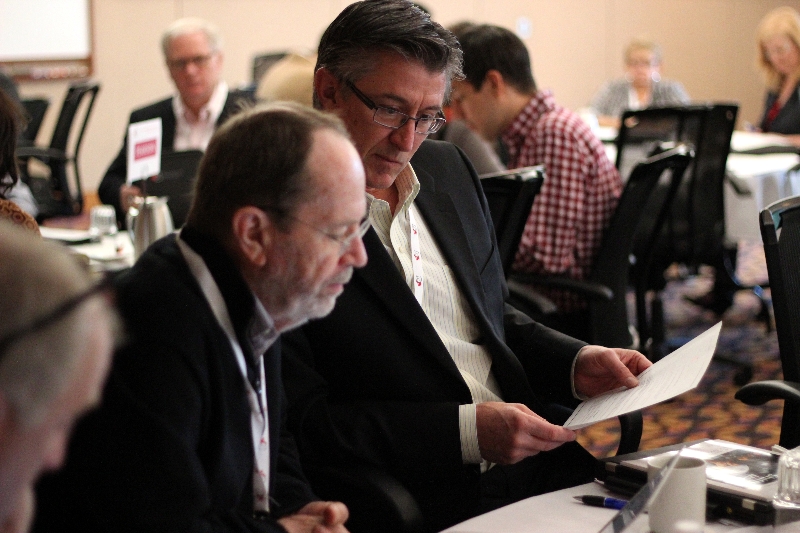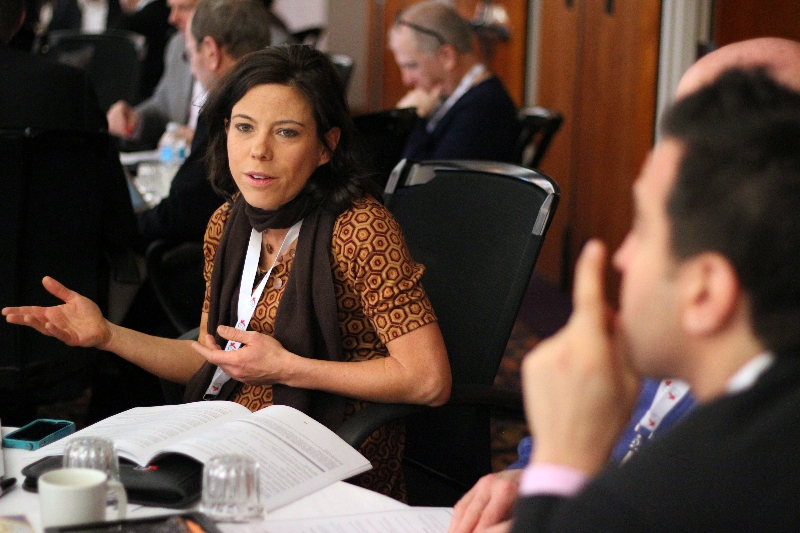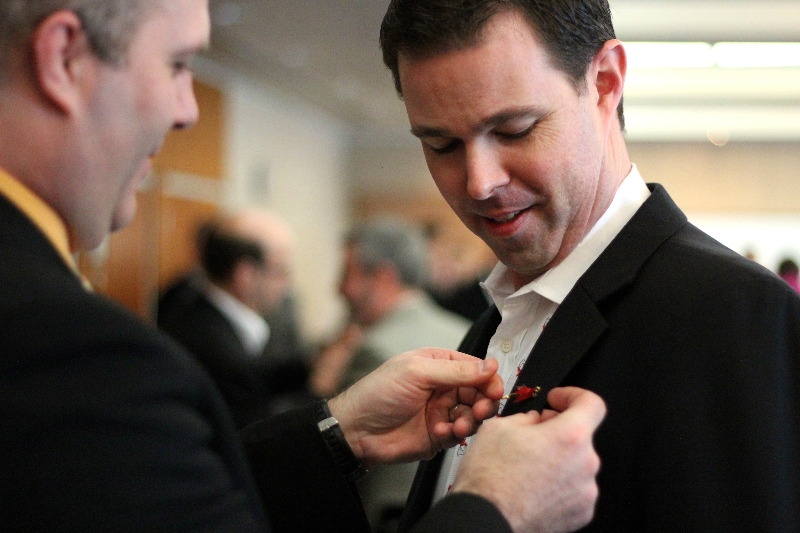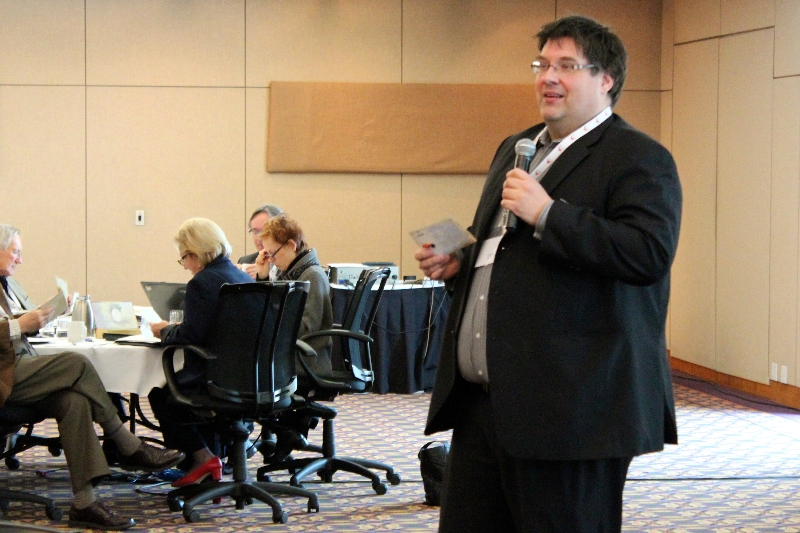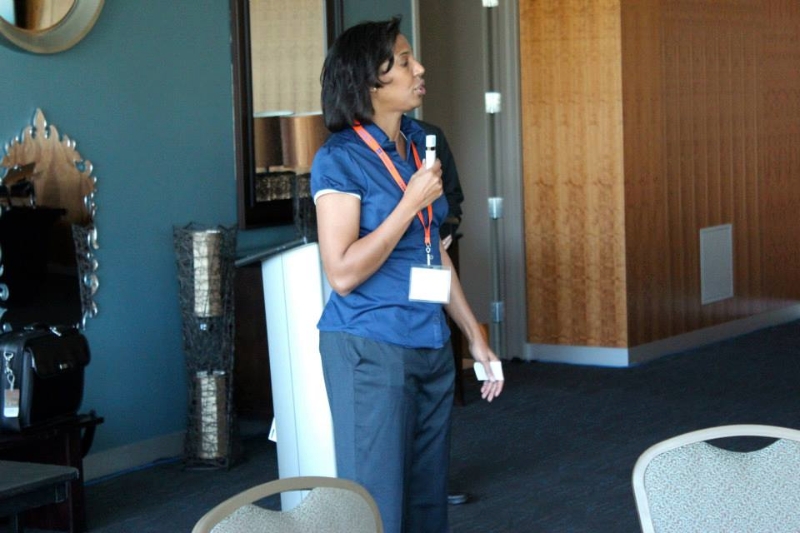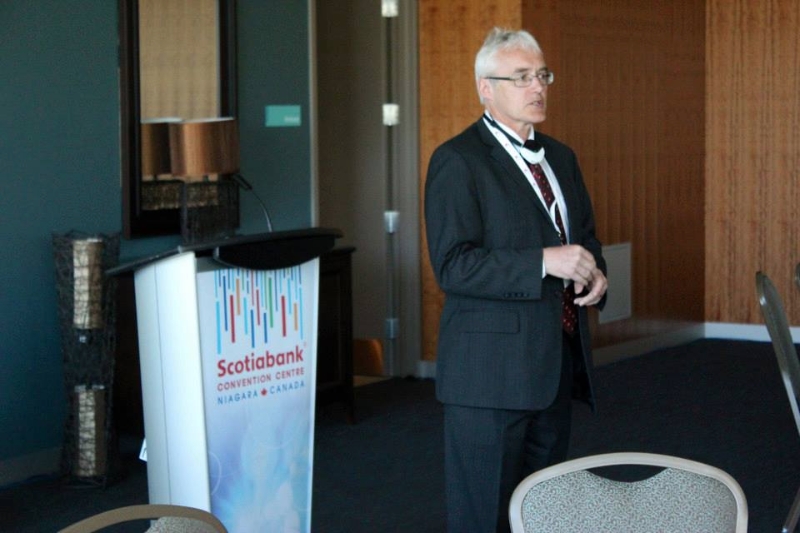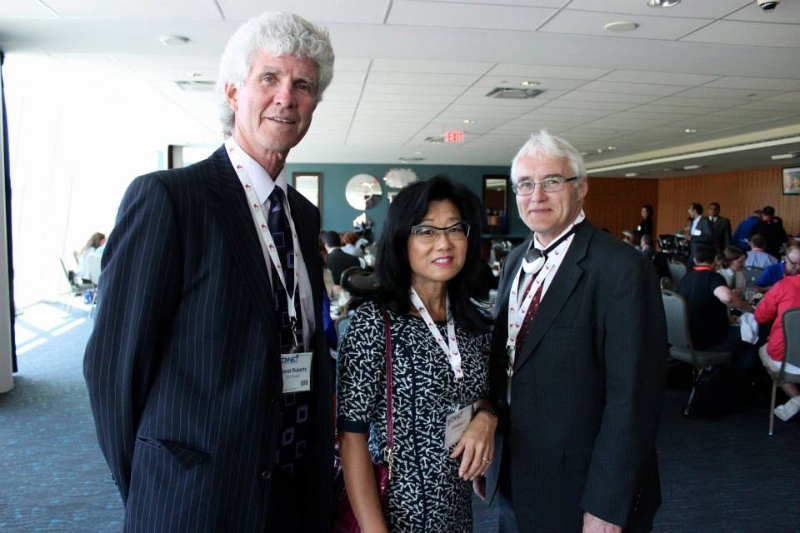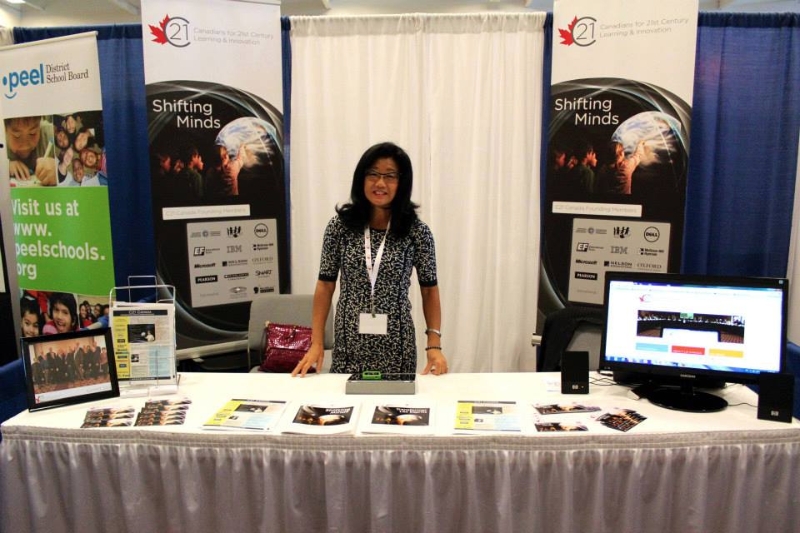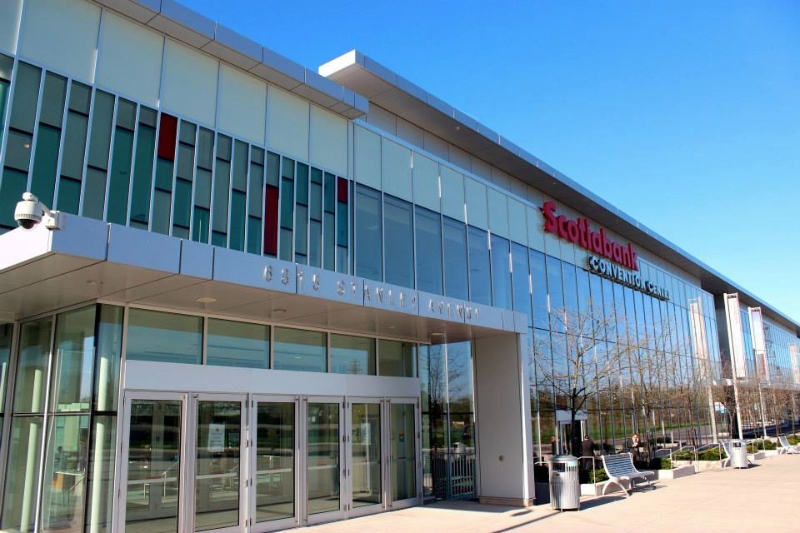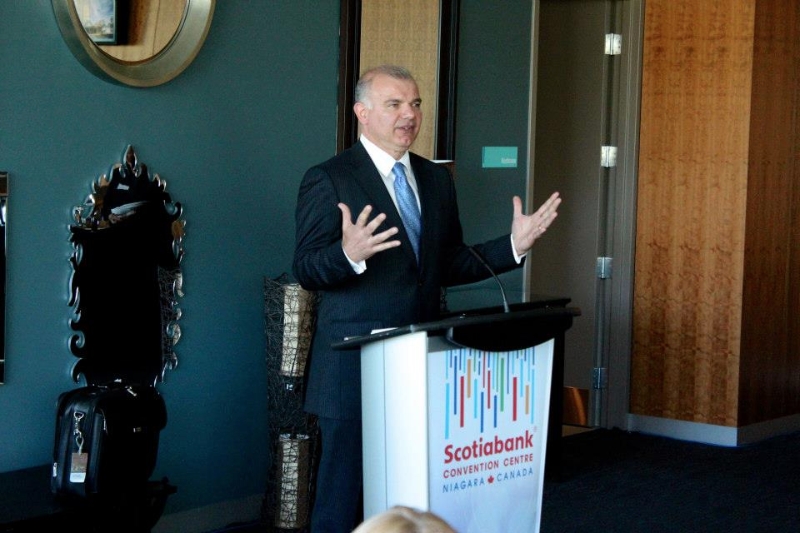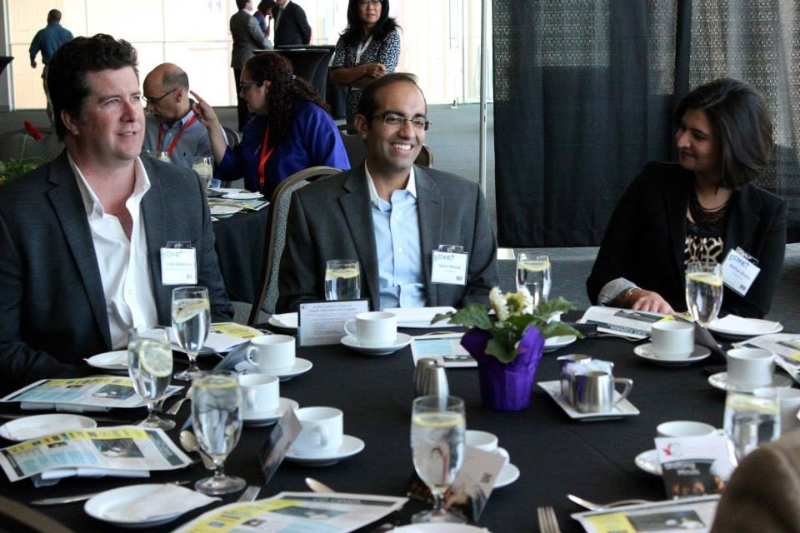This week’s Inspiring Education Symposium in Alberta showcased a province with a clear vision and a committed leadership to an informed transformation of its education system. Convening 1200 educators in Calgary, the Alberta Minister of Education and his team offered presentations and workshops and welcomed feedback on the province’s Inspiring Education agenda. Andreas Schleicher of the OECD offered delegates an insightful overview of the OECD’s research on student and adult competencies that can be viewed at: http://education.alberta.ca/department/ipr/inspiringeducation/inspiringeducationsymposium.aspx.
Rooted firmly in 21st century learning principles the province’s education strategy is designed to position Alberta’s youth with the competencies and skills they will need for success in today’s innovation driven society and economy. Redesigning curriculum, investing in learning technologies, and reviewing teacher competencies are all part of the mix. Alberta is also being smart by creating innovative models of collaboration among both educators and stakeholders outside the system to get these jobs done.
On the same day as Alberta was hosting its symposium, the Nova Scotia government declared its intent to overhaul and modernize its education system. In announcing the panel that will oversee the review, Karen Casey, the NS education minister declared that “The government is committed to a new direction for the education system.” Given that government’s search for a new deputy minister of education highlights the need for the province to engage in the 21st century learning movement, it appears Nova Scotia is poised to join Alberta on the 21c learning journey.
We are, in fact, beginning to witness a trend across Canada. BC is redesigning it’s curriculum to infuse 21st century competencies into its curriculum, Alberta is well into implementing Inspiring Education and Ontario is on the verge of announcing a new education plan.
In Ontario, the Ontario Public School Board Association released A Vision for Learning and Teaching in a Digital Age, calling for the province to launch an education strategy reflecting the knowledge and digital reality of the 21st century. If Minister Liz Sandals’ recent public remarks on needing to infuse 21st century competencies into Ontario’s curriculum, the OPSBA are likely to get the plan they desire.
This would mean three of Canada’s top performing provinces on international assessments of student (PISA) and adult (PIAAC) competencies have determined that being atop an old paradigm of learning is not good enough. They are in fact acknowledging that the knowledge and digital age has shifted the societal and economic ground under their feet, and education needs to be shifted in response.
The OECD, UNESCO, the European Union, Partnership for 21st Century Skills and a growing array of global thought leaders have been calling for the informed transformation of public education for some time. C21 Canada was created in 2011 to advocate for modernizing Canada’s education systems and released Shifting Minds, a vision and framework for public education in this country that reflects Canadian values and principles (www.c21caanda.org).
A number of jurisdictions around the world have already responded to the multiple calls for change, notably Singapore, Finland and New Zealand. And now, some of Canada’s provinces are finally beginning to join the 21st century learning movement.
In Nova Scotia, the new government received an economic wake-up call from the NS Commission Nova Scotia Commission on Building Our New Economy. The Commission’s report, coupled with the government’s announcement on modernizing the NS learning agenda, is a breath of fresh air in the Maritime, where weak economies and declining government revenues have people talking about bold new solutions and the nurturing and pursuit of knowledge sector opportunities. Connecting the dots between pursuing an innovation rich economy and redesigning education systems and investing in learning technologies to nurture the talent to create and support innovation is unfortunately still elusive for some politicians. In New Brunswick, once at the leading edge of the 21st century learning movement in Canada, many are awaiting the fall election to see if the current malaise in education and preoccupation with inclusive education will continue, or whether a new government will breathe renewed life into the educators ‘mothballed 21st century learning agenda NB321C‘. (http://www.youtube.com/watch?v=bDM3D4MNQBs). As one New Brunswick education official noted at a recent national conference “We were leading the 21st century learning parade. Now we are on the sidelines watching the parade pass us by.”
At the pan Canadian level there are hints that the Council of Ministers of Education Canada (CMEC), under the enlightened chair of 21st century learning believer Jeff Johnson (Minister of Education for Alberta) will soon pronounce itself on the need for all provinces and territories to collaborate in the modernization of Canada’s learning systems. A statement from CMEC would certainly breathe life into those jurisdictions struggling to find their own 21st century inspired vision for education.
C21 applauds jurisdictions serving their youth by modernizing their education systems. At the Alberta Inspiring Education symposium held February 19 C21 surprised Minister Jeff Johnson with a Shifting Minds Award to recognize his leadership in Alberta. C21 also remains hopeful that Minister Johnson will lead a pan Canadian effort as Chair of CMEC.
The 21st century learning movement is global in nature, and the old adage about you can pay me now or you can pay me later applies. We are in a 21st century skills race, a position supported by a report commissioned by the Canadian Council of Chief Executives. Much like the Olympics, those countries that invest in nurturing talent will see the results on the podium. Except in this case we are talking about giving our youth the skills they need for their future, and the podium is our collective future prosperity as a nation.
C21 Canada would also like to take this opportunity to extend our congratulations to all the athletes, their coaches, families and friends who represented Canada so well at the Sochi Olympic Games!




